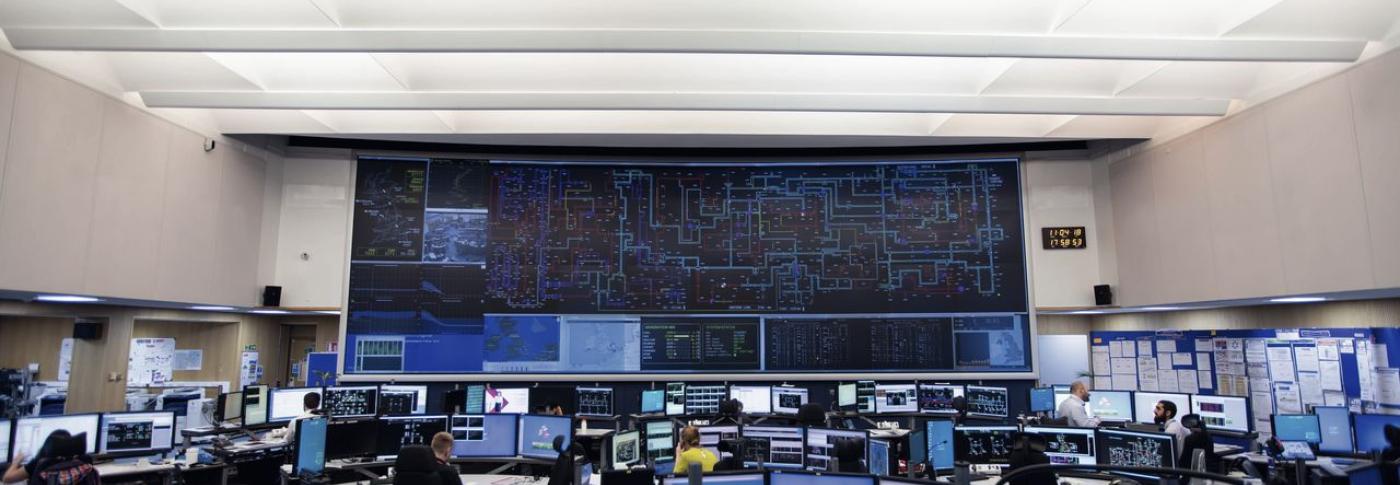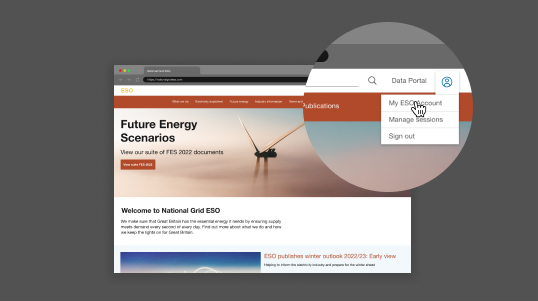
National Grid ESO outline new approach to stability services in significant step forwards towards a zero-carbon electricity system
29 Jan 2020 - 2 minute read
National Grid Electricity System Operator (ESO) has agreed contracts with five parties, worth £328 million over a six-year period, in a new, innovative and world first approach to managing the stability of the electricity system.
It is estimated that the new approach will save consumers up to £128 million over the six-year period, reducing the costs currently associated with managing system balancing and stability, with the reduced carbon emissions a significant step towards the ESO’s ambition of being able to operate the GB electricity system carbon free by 2025.
The new approach announced today sees the five successful parties (Drax, Rassau Grid Services (Welsh Power), Statkraft, Triton and Uniper) either building new, or modifying existing assets to provide the ESO stability services, using less energy and enabling reduced carbon emissions.
The key service to be provided is inertia, which helps to keep the electricity system running at the right frequency. This has traditionally been provided by using the kinetic energy in the spinning parts of large generators when they were providing electricity onto the grid. Under this new approach inertia will be provided without having to provide electricity – allowing more renewable generation to operate and ensuring system stability at lower costs. In total, the contracts are procuring 12.5 GVA seconds of inertia, the equivalent of the inertia provided by approximately 5 coal fired power stations.
What is Inertia? Read our blog here
This is one example of how the tools the ESO uses to balance the grid are developing in order to be able to operate with zero carbon by 2025. Last year saw the confirmation of the launch of a new suite of response products to better manage frequency and changes to widen access to the balancing mechanism, making it easier for a more diverse range of technologies and generation providers to participate in the electricity market. Later this year the ESO will be building on this success to explore further the delivery of inertia by new and innovative technologies.
Julian Leslie, ESO Head of Networks said:
“This approach is the first of its kind anywhere in the world and is a huge step forward in our ambition to be able to operate the GB electricity system carbon free by 2025.
Our system is one of the most advanced in the world, both in terms of reliability and the levels of renewable power, and we’re really excited to be adding to that with this new approach to managing stability.
These contracts are finding new ways to help balance the grid which are cheaper and greener, reducing emissions and saving consumers over £100m.”
For full details of the tender please click here
